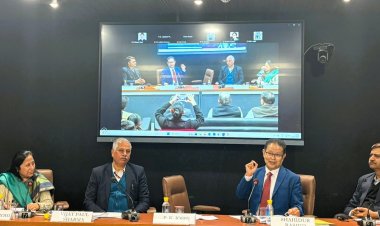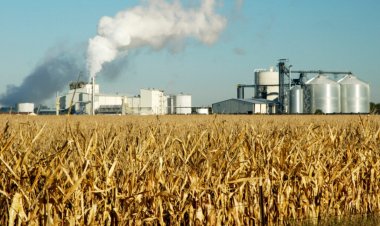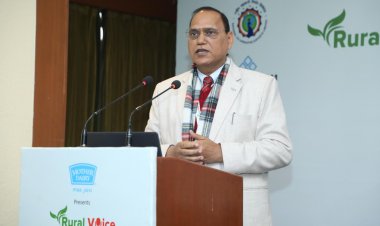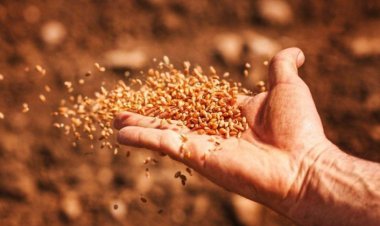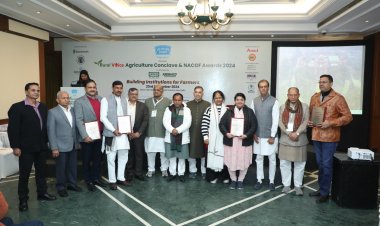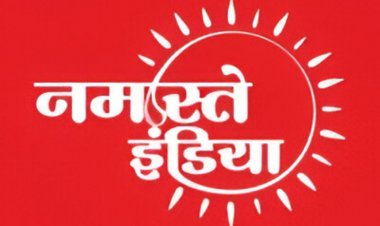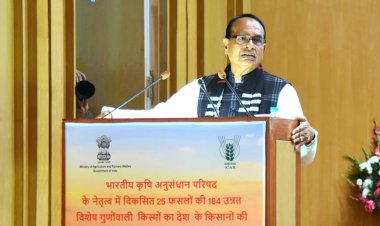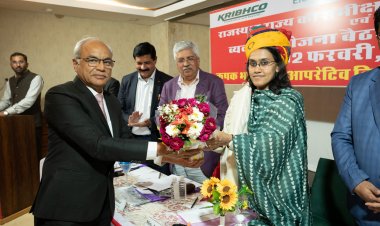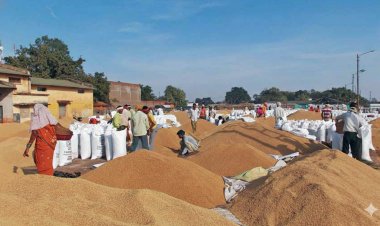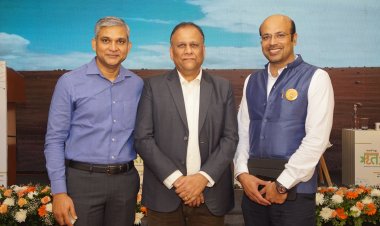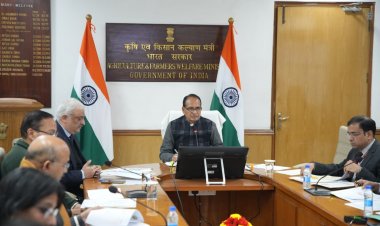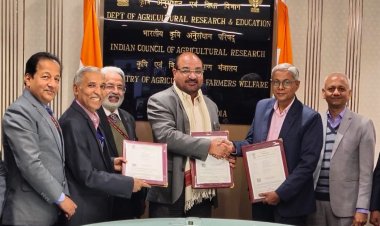Milk, egg, meat output rises in 2022-23
Milk, egg and meat production rose significantly in 2022-23 over the past five years, according to Basic Animal Husbandry Statistics 2023 report. The report, released by Union Minister for Fisheries, Animal Husbandry and Dairying Parshottam Rupala, however, showed drop in wool output during the same period under review.
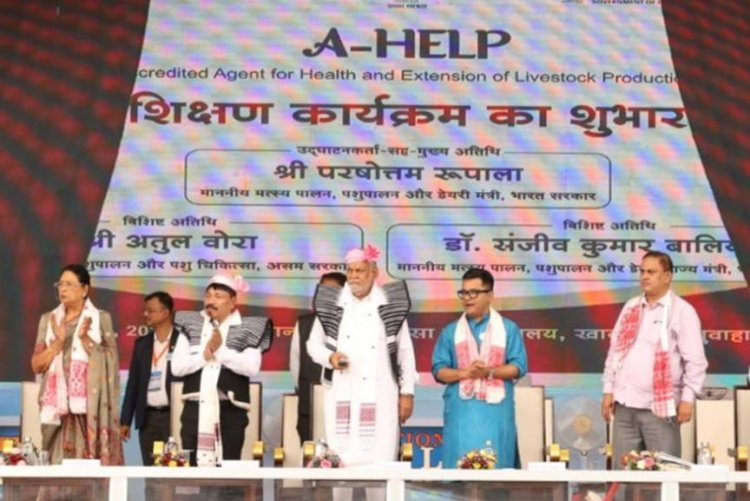
Milk, egg and meat production rose significantly in 2022-23 over the past five years, according to Basic Animal Husbandry Statistics 2023 report. The report, released by Union Minister for Fisheries, Animal Husbandry and Dairying Parshottam Rupala, however, showed drop in wool output during the same period under review.
The data was released during the National Milk Day event in Guwahati. The figures are based on the Animal Integrated Sample Survey (Mar 2022 - Feb 2023) carried out across the country in three seasons -- summer (Mar-Jun), monsoon (Jul-Oct) and winter (Nov-Feb).
The statistics pegged the country's total milk production estimate at 230.58 million tonnes in 2022-23, marking a growth of 22.81 per cent compared to the figures of 2018-19 when the output was 187.75 million tonnes. According to the report, the production increased by 3.83 per cent in 2022-23 over the estimates of 2021-22. The annual growth rates in the past few years were 6.47 per cent in 2018-19, 5.69 per cent in 2019-20, 5.81 per cent in 2020-21 and 5.77 per cent in 2021-22.
Uttar Pradesh was the top milk-producing state in 2022-23 accounting for a share of 15.72 per cent, followed by Rajasthan (14.44 per cent), Madhya Pradesh (8.73 per cent), Gujarat (7.49 per cent) and Andhra Pradesh (6.70 per cent). In terms of annual growth rate (AGR), Karnataka with 8.76 per cent topped the list, followed by West Bengal (8.65 per cent) and Uttar Pradesh (6.99 per cent) over the previous year.
Total egg production has been estimated at 138.38 billion units during 2022-23, registering a growth of 33.31 per cent compared to 2018-19 figures when production was 103.80 billion units. It has increased annually by 6.77 per cent during 2022-23 over 2021-22. The annual growth rate was 9.02 per cent in 2018-19, 10.19 per cent in 2019-20, 6.70 per cent in 2020-21 and 6.19 per cent in 2021-22.
Andhra Pradesh topped the list in egg production with a share of 20.13 per cent, followed by Tamil Nadu (15.58 per cent), Telangana (12.77 per cent), West Bengal (9.94 per cent) and Karnataka (6.51 per cent). In terms of AGR, the highest growth rate was recorded by West Bengal (20.10 per cent) followed by Sikkim (18.93 per cent) and Uttar Pradesh (12.80 per cent).
Likewise, the total meat production in the country is estimated at 9.77 million tonnes during 2022-23, a growth of 20.39 per cent compared to 2018-19 figures when output was 8.11 million tonnes. The production rose by 5.13 per cent in 2022-23 over 2021-22. The previous growth rates were 5.99 per cent in 2018-19, 5.98 per cent in 2019-20, 2.30 per cent in 2020-21 and 5.62 per cent in 2021-22.
Again, Uttar Pradesh was the major meat production contributor with 12.20 per cent share, followed by West Bengal (11.93 per cent), Maharashtra (11.50 per cent), Andhra Pradesh (11.20 per cent) and Telangana (11.06 per cent). In terms of AGR, Sikkim recorded the highest with 63.08 per cent, followed by Meghalaya (38.34 per cent) and Goa (22.98 per cent).
On the other hand, the total wool production in the country is estimated at 33.61 million kg during 2022-23, registering a negative growth of 16.84 per cent compared to 2018-19 when output was 40.42 million kg. The production has, however, increased by 2.12 per cent in 2022-23 over 2021-22. The earlier growth rates were -2.51 per cent in 2018-19, -9.05 per cent in 2019-20, -0.46 per cent in 2020-21 and -10.87 per cent in 2021-22.
Rajasthan tops wool production with a share of 47.98 per cent, followed by Jammu & Kashmir (22.55 per cent), Gujarat (6.01 per cent), Maharashtra (4.73 per cent) and Himachal Pradesh (4.27 per cent). The highest AGR has been recorded by Arunachal Pradesh (35.75 per cent), followed by Rajasthan (6.06 per cent) and Jharkhand (2.36 per cent).



 Join the RuralVoice whatsapp group
Join the RuralVoice whatsapp group

















